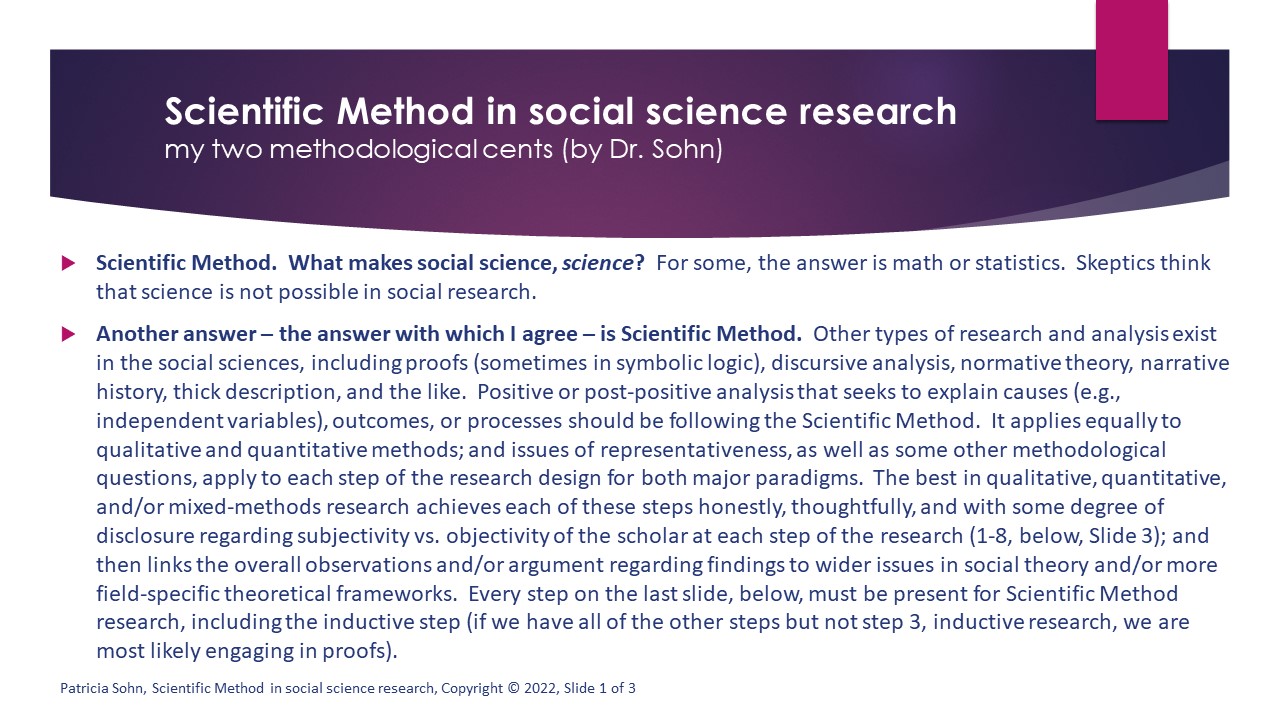Teaching Achievements:
Great Teaching Certificate, Digital Literacy Badge, and Student Focused Teaching Badge. Center for Teaching Excellence. University of Florida, Spring 2025.
Four Affordable UF Badges (e.g., affordable texts) for courses, 2023 and 2024
Anderson/College of Liberal Arts and Sciences Scholar–Faculty Honoree for outstanding teaching, 2007
Anderson/College of Liberal Arts and Sciences Scholar–Faculty Honoree for outstanding teaching, 2002
Student Fame: My recent undergraduate students have received College-level research awards, best graduate student paper awards, national-level internships, best undergraduate paper awards, participation at top-10 university academic conferences, induction to Phi Beta Kappa, entry to many law schools and joint law school programs, entry in departmental graduate programs or graduate study in other campus Colleges, and more (please write to me if you would like your achievement to be added to this list). Past students have won University-level scholarships and writing awards, highest honors on senior theses, participation in the departmental Junior Fellows program, and have gained employment or internships in https://www.teachforamerica.org/, the United Nations, and other important work. Former graduate students who she has helped to advise include current faculty in state universities at home and abroad, including some department chairs and center directors at their home institutions; national and international award recipients; and civil servants in other countries.
Dr. Sohn advises graduate students on themes relating to the Middle East and North Africa (MENA, Morocco to Pakistan, Israel, and Palestinians), and, in comparative and international perspective: religion and politics; judicial institutions (institutional formation and practices, comparative law and society, and rights); and gender politics. She works in qualitative methods and has concerted interests in linking material analysis with concept formation as a means of developing theory. In that, she is influenced by scholars such as Weber, Durkheim, Bourdieu, Buber, Levinas, and others. She is especially interested in interviews, case studies, and political ethnography. Within comparative politics, her research is historical-institutionalist, micro-level, culturalist, society-focused, and she maintains an interest in the power of Ideas and of the grassroots. She has developing research interests within these themes in Europe, South Asia, and East Asia. She is pleased to advise undergraduate students regarding related research interests, and/or interests in graduate school, law school, and similar. See office hours.
Former graduate students and undergraduate students can keep in touch with Dr. Sohn through her LinkedIn and Facebook professional pages.
Regarding my approaches to inclusiveness, teaching, as well as identity or ideology questions that you may have in regard to me, please feel free to read: “Inclusiveness, Pedagogy, Identity, Ideology, and the Epistemology of the Professor” By Patricia Sohn. E-International Relations (Articles), May 13, 2023 (883 views as of November 10, 2024)
RUBRICS
Most of my courses are centered upon great topical texts, and smaller theoretical articles or chapters. The courses include a high degree of daily participation, lectures from the professor, as well as individual and group presentation projects. That is, most of my courses will give you the opportunity to develop public speaking skills on analytical topics, analytical writing skills, as well as skills in distinguishing analytical distance from personal engagement in both speaking and writing. In most cases, they help you to develop confidence in the same while sticking to the texts. Developing your own confidence in knowing that you have read correctly and can analyze well on your own is a main priority. My Grading Rubric for written assignment in graph form is to the right on this page (click to enlarge); my prose explanation of grading for written assignment is at the following link, for your information.
Sohn Grading of Writing Assignments Prose Explanation Rubric
There is no political “litmus test” in my courses; students do not have to agree with me or with the authors of our readings on a normative or personal level. Students will need to display the ability to engage in analytical distance with regard to controversial topics, and when reading/discussing /writing about texts with arguments with which they may not agree. That said, if you know that you feel negatively regarding a topic that I am teaching, please consider whether you want to take the class. Some of my courses relate to controversial topics (Middle East and North Africa, religion and politics, gender politics, etc.), which we make every effort to analyze with analytical distance (and with some self-restrained/disciplined allowance for personal engagement) so that all students can feel comfortable in class. Our student body is extraordinarily multicultural; it includes political views across the spectrum, and students from a wide variety of social, religious, cultural, linguistic and other backgrounds. Please feel free to be in contact if you have questions, or if you are interested in taking one of my courses. Kind regards, Dr. Sohn
Click here: Speaking Assignments Rubric
Scientific Method in social science research (my two methodological cents)
For graduate students, the following may be of interest (click on images to enlarge) (step 8 reflects falsifiability).
scientific method in social science research copyright October 8 2022 by Patricia Sohn – PDF




